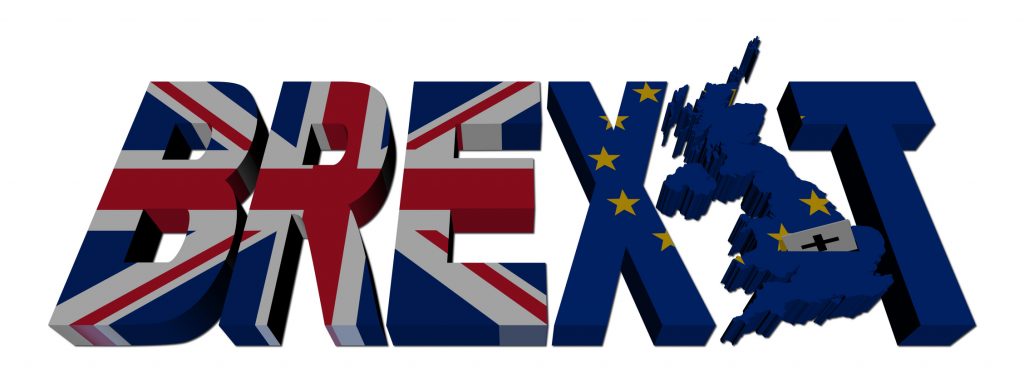Brexit has made the pound as volatile as bitcoin. But that’s better than enforced stability

Someone had an interesting take on the effect of Brexit uncertainty on the pound. It’s been as volatile as cryptocurrency.
Indeed, the yo-yoing on Brexit (will it be deal, no-deal?) has been giving bitcoin a bit of a run for their money on volatility.
On the day a new withdrawal agreement was struck with the EU, sterling finished at its highest level against the dollar since May, around the $1.29 mark. But then it went down as traders realised it wasn’t the end of the Brexit story – the UK parliament still had to approve it. By close of business, it was up again because many traders thought it might be alright eventually. “Funnily enough, similarly schizophrenic moves have long hampered the mass adoption of cryptocurrencies in trade, commerce and everyday consumption,” Izabella Kaminska wrote in the FT.
Quite so. Currency stability is key to economic growth and activity.
So, should Britain have maintained a formal state policy of dollarisation or euro-isation, or even an official exchange rate mechanism during Brexit talks, to maintain currency stability?
Actually, no.
Ms Kaminska says that to do so would have been worse than the current situation. There would have been more and more “disruptive real economy adjustments through unemployment, trade or migration.” It might even have threatened “the stability and integrity of the stablecoin issuer. Britain has been here before. In 1992 to be precise. The day a well known speculator — George Soros — broke the Bank of England.”
In the circumstances, perhaps the wild swings of sterling are preferable.

